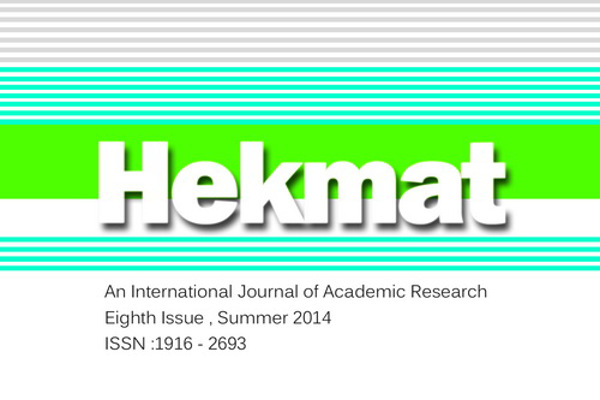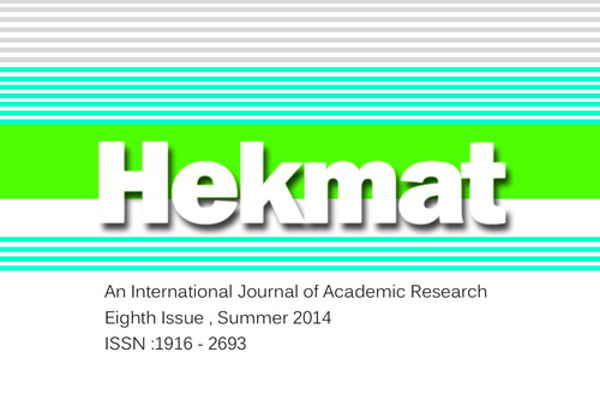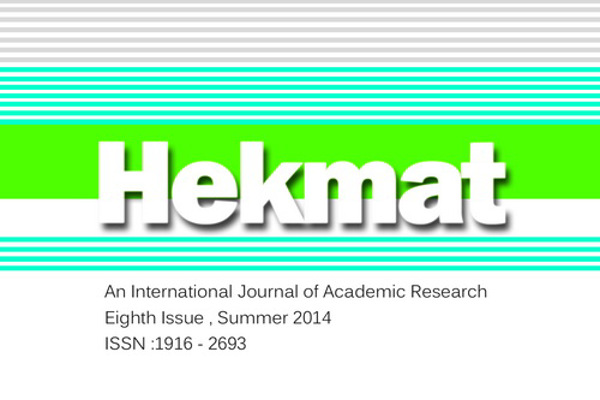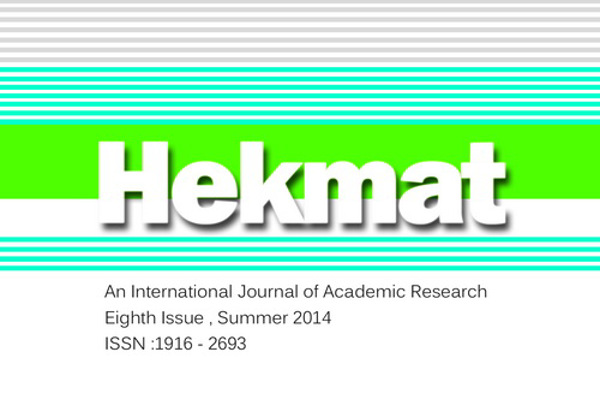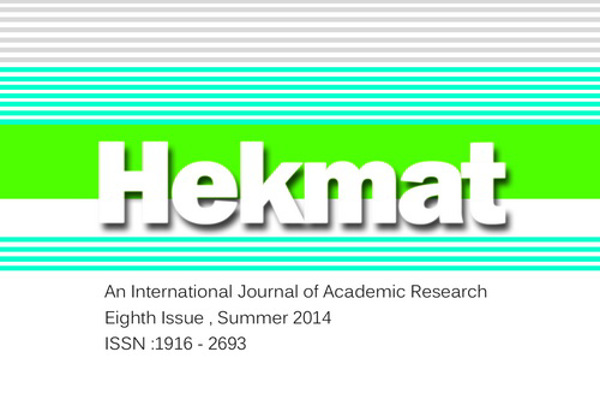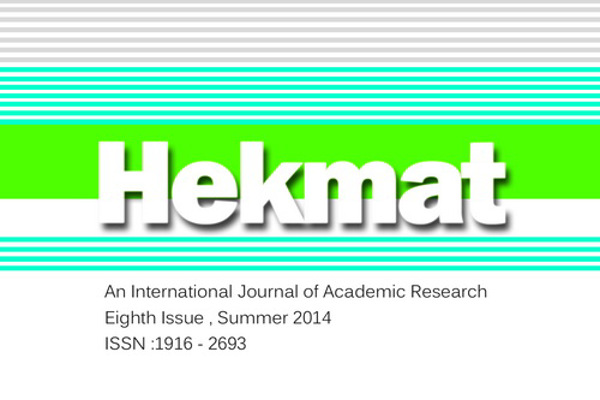Islam and Peaceful Coexistence; International Conventions and Treaties in Islamic Law / By: Abbasali Amid Zanjani
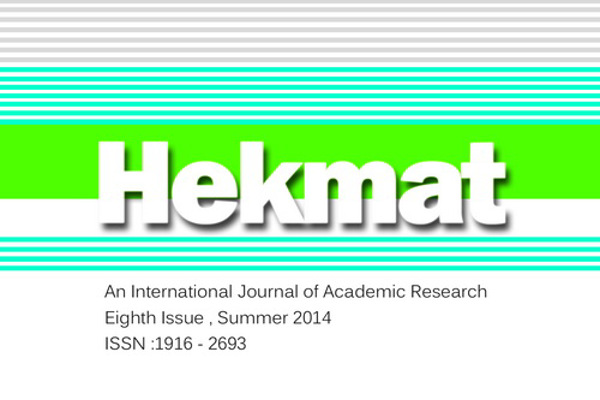
Treaty with the Belligerent non-Muslims
Official treaties signed between the Muslim Nation and a belligerent non-Muslim party who belong to one of religions recognized by Islam are called “the Pledge of Charge” (ahd al Dhimmah) in Islamic Jurisprudence. Because of its characteristic features and provisions, this kind of treaty can be entered into by Muslims with Jewish or Christian peoples only. Some Muslim jurists allow this treaty to be signed with Zoroastrians too. One important feature of this contract is that it is mandatory on Muslims to accept it as soon as it is offered by a belligerent party of those characteristics; they cannot refuse the offer under any circumstances[1]. Among other characteristic features of this treaty, outstanding are:
- The non-Muslim party to this treaty ought to abide by the judicial laws, regulations, and verdicts issued by Muslim courts and must observe Islamic Law if they live within the domain of Muslim Jurisdiction. This clause makes the provision that any dispute one party of which happens to be Muslim will be settled in an Islamic court and the verdict is to be accepted by the other party or parties too. If all parties to a dispute are non-Muslim, whether of the same or different religions, then, the case may be filed in a court of their choice; it can be an Islamic one or otherwise. If they commit a crime or an offence such as murder or drinking, they will be treated according to the Islamic penal code. But in regard to the other issues of civil code such as marriage, divorce, and commerce, they will abide by the regulations and laws of their own faith.
- The non-Muslim party to the treaty must pay something as a charge called Jizyah (literarily meaning recompense) which functions as the tax Muslims pay to their government. In return, Muslims are responsible to protect them against any threat to their life, family, and property. It goes without saying that the Muslim government needs to provide the necessary means and requirements for undertaking the responsibility of defense and security. It can be done solely through collecting tax and charge.
Obviously, the charge leveled on the parties to this kind of treaty did not aim to exploit them, make them ransom, extract something from them, or lay the financial burden of the expansion of territory on their shoulder. It is for this reason that the nature of the charge and its amount are not fixed once forever. Rather, it is left to the government to decide about it. As far as history tells us, the charges pledged in treaties enforced between Muslims and non-Muslims were not so heavy. Sometimes, they were in fact only nominal and at other times they were virtually forgiven.
- The non-Muslim party to the treaty must refrain from any activities that endanger Muslims’ security. Any such moves are considered material breach of the contract.
- The non-Muslim party to the treaty must also avoid any kinds of insulting the official Islamic teachings and precepts and holy sanctuaries. Public religious demonstrations and propagations they carry out must not aim at seducing Muslims or imposing belief on immature individuals who have not come of age yet.
It is worthwhile to mention that the aforementioned provisions are considered as the essential features of this kind of treaty. Therefore, they need not be mentioned explicitly. There are other provisions, however, that Muslim Jurists allow to be included in the treaty optionally. For example, it may be added that the party to the contract refrains from giving shelter to anybody fighting against Muslims or any spies collecting information from Muslims, from espionage on Muslims, from communicating any secrets they may come to know to others, from killing Muslims, from committing in public any act forbidden by Islam, from reconstruction of temples, churches and synagogues, from ringing the church bells and from building their houses higher than those of Muslims[2].
This kind of treaty may be signed with non-Muslim minorities living within Islamic jurisdiction or with neighboring nations or peoples living afar who believe in Judaism, Christianity, or Zoroaster faith officially. Other terms and conditions of every token of this treaty other than those aforementioned will be set according to the general interests and mutual agreements of the parties.
Peace Treaty
This kind of contract is a general one signed by warring parties with the aim of putting an end to hostilities. It can be established between Muslims and any other nation. Among the characteristic features of this kind of treaty, we may mention the essential provision that it cannot be permanent unless in either of cases: a) one party to it belongs to one of the three recognized nations of Jews, Christians, or Zoroastrians; b) there exists a clause explicitly giving the option to nullify it to one of the parties at least. Muslim jurisprudents disagree on the permitted duration of peace treaty; some believe that it can be valid maximum for ten years, others allow only one year, and some go for maximum four months. But a sizable number of jurisprudents believe that no fixed time is preset and the duration of ten years in Hudaibiah treaty signed on the early days of Islam between the holy Prophet and the leadership of Mecca was set purely on the pragmatic basis of the requirements of the time. It must not be taken as a general rule for conclusion of treaties.
It goes without saying that any token of peace treaty must be signed only according to the interests and needs of Muslim society. If it is vital, then it must be established. If it is not in the interest of Muslims, it must be avoided. It is not essential in a peace treaty to include financial terms. The historical example we just mentioned lacks any such provisions.
The Pledge of Protection
The leader of Muslim society, his representative, and every Muslim individual have the right to pledge to protect a non-Muslim individual or a group of non-Muslims who do not already enjoy protection under any contracts with Muslims giving them security and safety. Based on such a move, all the rights mentioned therein will be respected by all Muslims.
Such a pledge may be official and initial, i.e., given by the leader or his representative without the prior request of the subjects. Inhabitants of a territory or any group otherwise defined may be given the pledge of protection via any means and media. It need not be written, signed, or even spoken. It is enough to be announced even through pure gesture.
The Muslim who embarks on this treaty may be male or female, but must have come of age on the time of pledge. All Muslims including the leader of the society must respect the pledge irrespective of the social status of the pledge giver. In the final Mecca war when Muslims conquered the stronghold of the infidels, a lady named Ummi Hani gave the pledge of protection to a number of her relatives, and the holy Prophet’s daughter, Zeinab, gave such a pledge to As bin Rabia. The holy Prophet respected both pledges and emancipated the subjects. He declared, “The believers are equal to one another, their blood is of the same price, and even the lowest in social rank among them can pledge protection for anybody on their behalf”[3].
All people who have been given the pledge of protection will live in peace and security provided and defended by Muslims as long as the treaty is valid. Even if one wrongly imagines that he has been given the pledge of protection, for example, because of mistaking a refusal of his request for acceptance and enters Muslim controlled territories under this illusion, they will be escorted safely to their homeland. This rule is conceived by some authors as a general permit for entering Muslim territories for the purposes of trade and work.
There is a restriction on the number of people an individual can give the pledge of protection to. Muslim jurisprudents hold that the maximum number is ten at a time. On the validity of pledging protection for all inhabitants of a village, a little town, or the travelers of a caravan exceeding ten persons, Muslim jurisprudents disagree. However, the leader of Muslim society and his representative can offer such a pledge to as many people as they deem appropriate without any restrictions.
If an individual or group party to this treaty dies, the Muslim government will be their sole heir. So long as they are alive, their property remains theirs even if they exit Muslim territories as the result of which act the Muslim government will no more bear responsibility for their security[4].
Official Competent International Authority
In international relations, nations sometimes agree among themselves to refer their disputes to a third party for arbitration. This institution has a long history going back to pre-Islamic era. Arabs recognized it. Islam acknowledged this procedure with slight modifications that enhanced its efficiency in the administration of justice. A historical instance of arbitration is the referral of the case of Bani Quraizah to Saad bin Maadh the arbiter selected by them to decide about the punishment of their attempted assassination of the holy Prophet[5].
According to Islamic Sharia, an arbiter should be mature, wise, and just. The recognition of the institution of arbitration by Islam lays the foundation stone for an international system of conflict resolution acceptable to all belligerent parties that can guarantee world peace and security in the long run. When the arbiter in a case is not an individual but a group of individuals, then, their verdict is valid only if it is issued by consensus.
[1]. See Jawahir al Kalam, the book of Jihad, P.604.
[2]. Ibid, P.599.
[3]. Ibid. P.565. The last part of the saying is related to the holy Prophet’s sermon delivered at Kheef mosque. It is also recorded in Kafi by Koleini.
[4]. Ibid., P.565.
[5]. Syreh Ibn Hosham, Vol.2, P.688.


